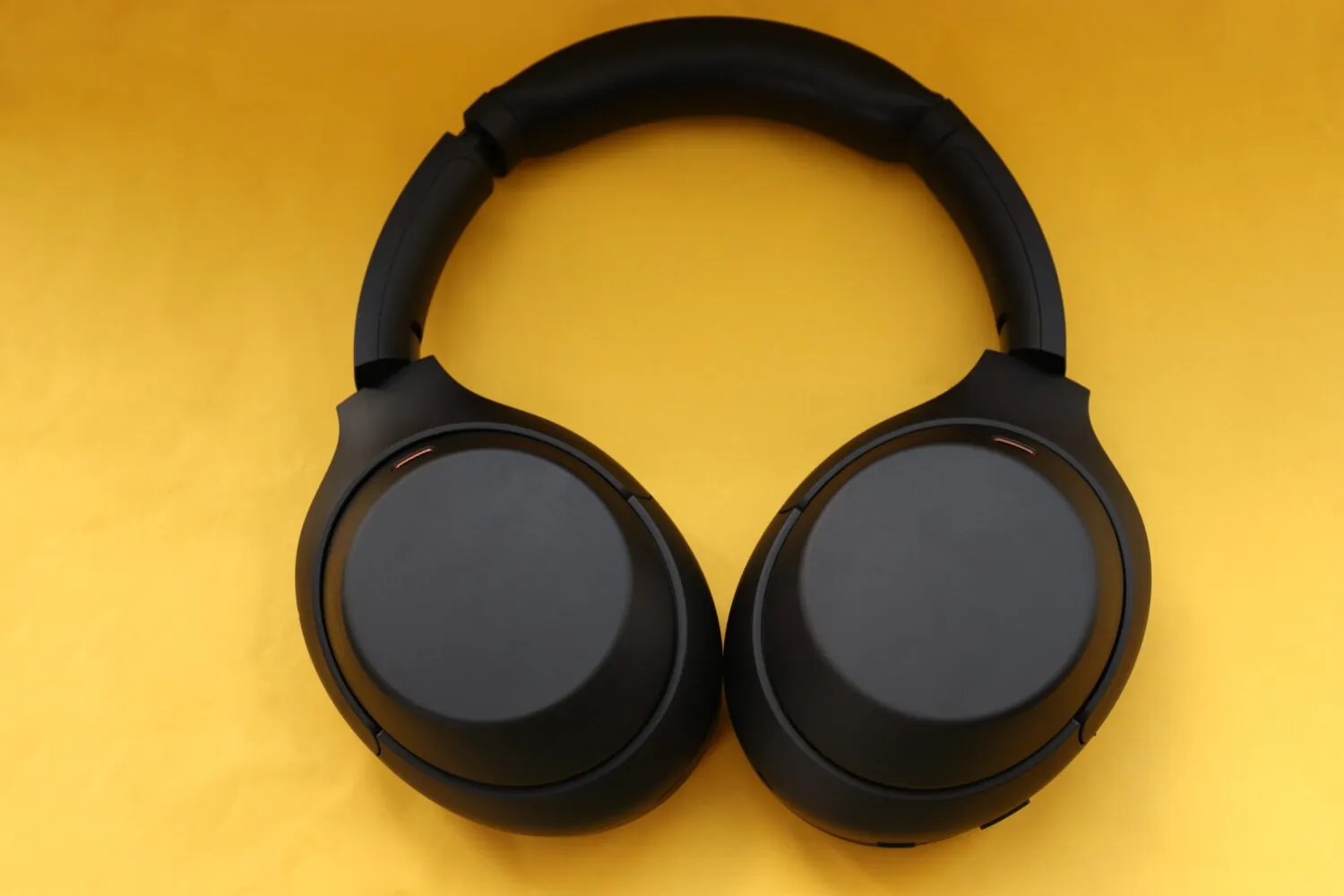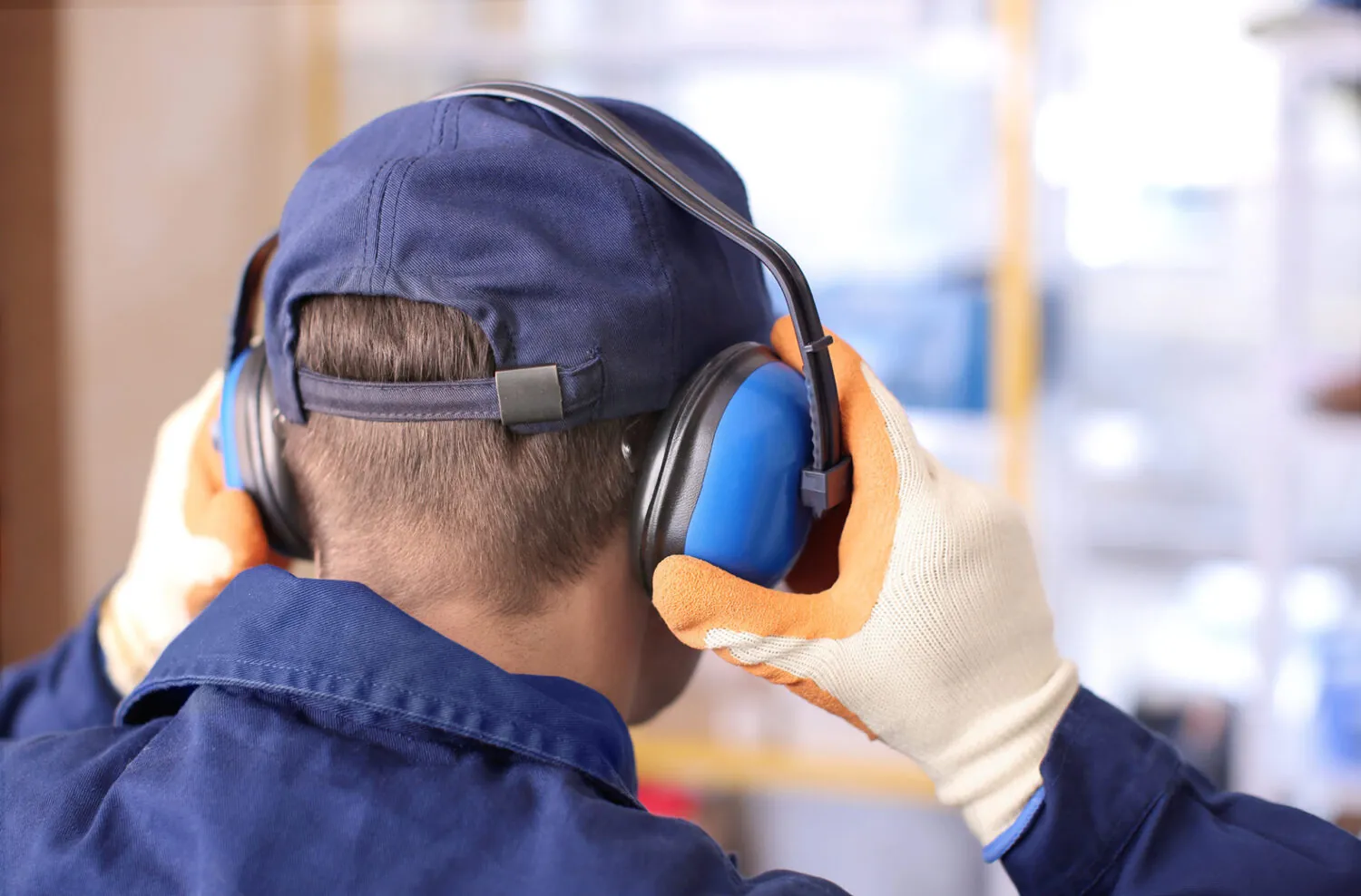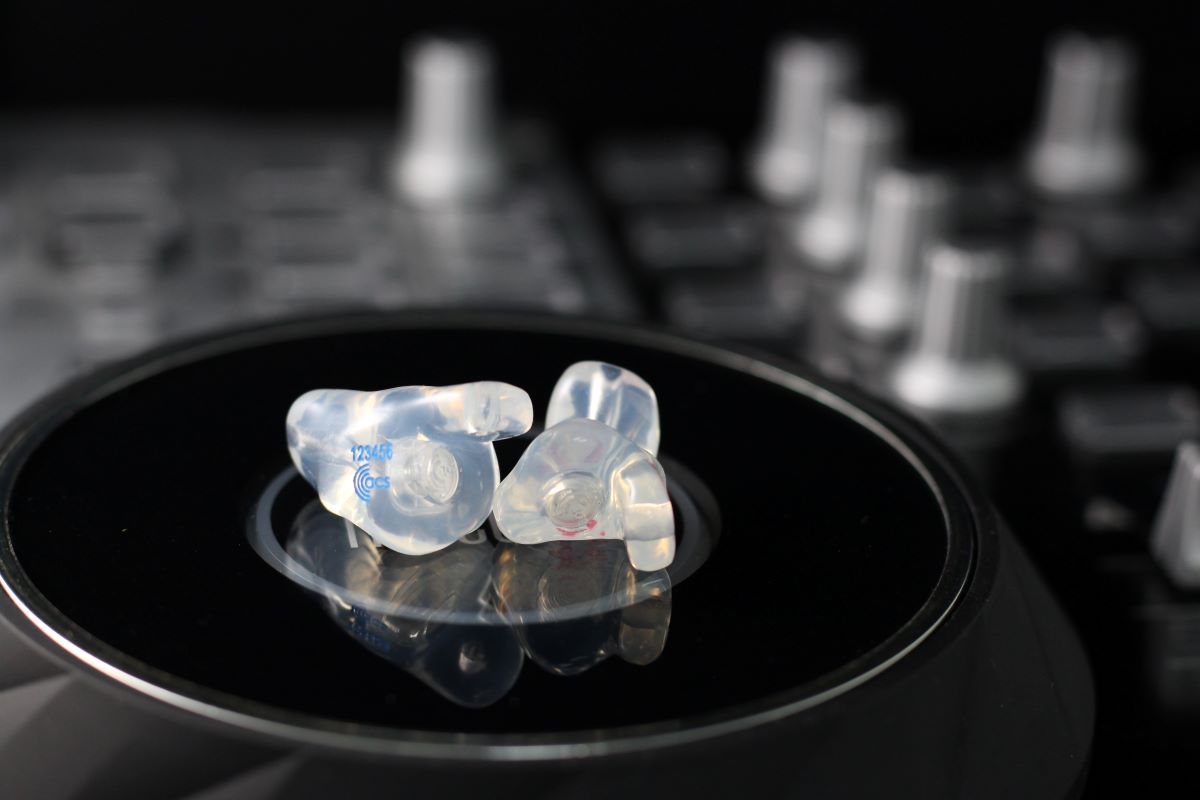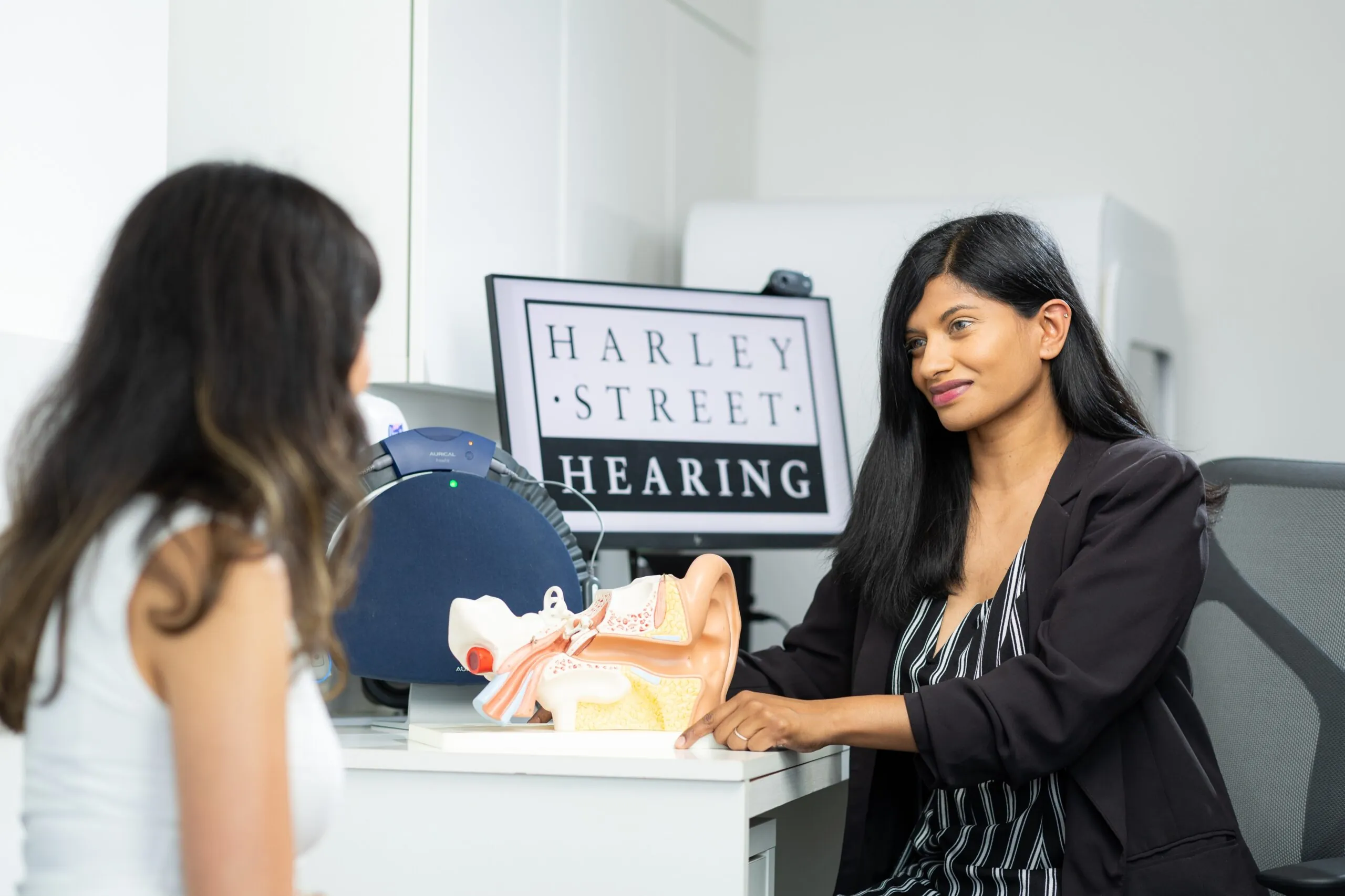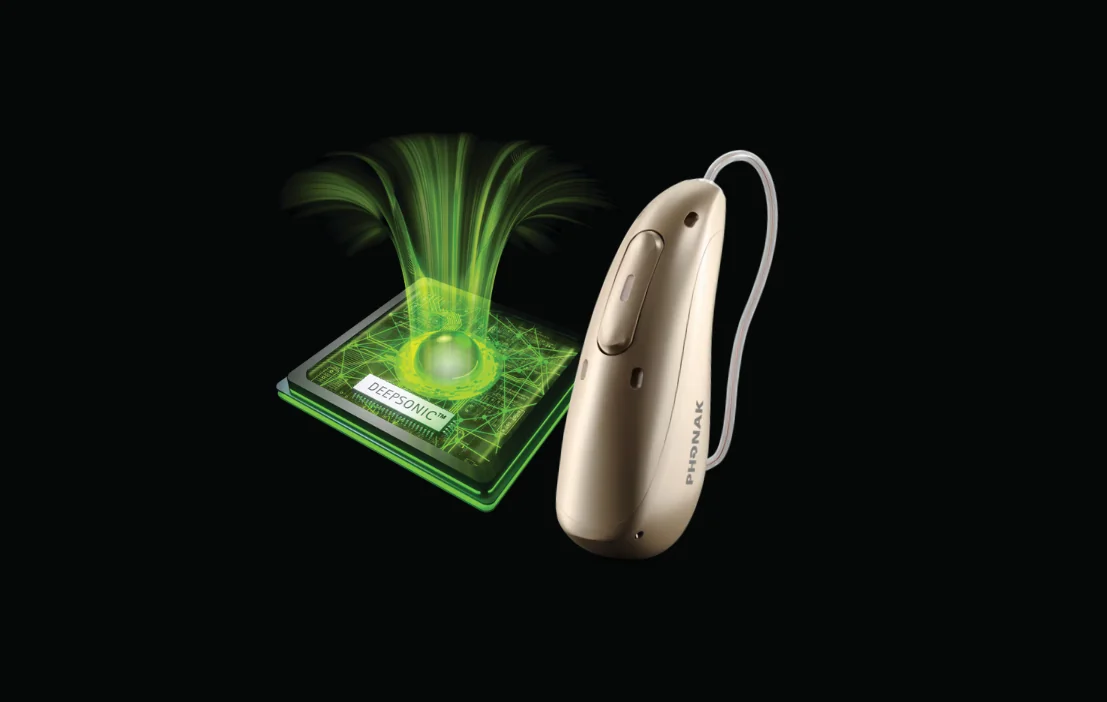When is the last time you went a day without listening to something through your headphones? They’ve become an essential item for many of us, whether that’s to help with motivation during a run, concentration while working or a way of passing the time while commuting.
With so much time spent plugged into music, it’s no wonder that more of us are turning to noise-cancelling headphones to block out background noise for a better listening experience. Even without music, some people opt to wear their noise-cancelling headphones silently just to block out the sounds around them.
But, this begs the question: Do noise-cancelling headphones actually protect your hearing or are they just about comfort? Let’s take a look in this blog.
What is noise cancellation and how does it work?
It may surprise you to hear that there are actually two types of noise cancellation you’ll typically come across when shopping for headphones. These are:
- Passive Noise Cancellation (PNC): This is the physical sound barrier created by the headphone’s design. This can be either over-the-ear headphones which cover the entire ear or in-the-ear models which form a seal inside the ear canal, helping to muffle sounds. Think of it as wearing earmuffs or earplugs where no batteries or electronics are involved.
- Active Noise Cancellation (ANC): This involves the use of tiny microphones which pick up background sounds like engines rumbling or air conditioning. They then produce a sound wave that’s the exact opposite, cancelling out the unwanted noise before it reaches the ears.
When you’re looking to block out steady, low frequency sounds like traffic, engines or typing in an office environment, ANC works the best but it’s also less effective at blocking out sharp, unpredictable noises like human voices, car horns or barking dogs.
Can noise cancelling headphones protect your hearing?
Yes, but how much protection they offer depends on how you use them. Here are some of the ways in which they can help.
They help you listen at lower volumes
This is arguably the biggest benefit of noise cancelling headphones. Naturally, if we’re trying to listen to something in a noisy environment, we’ll typically turn the volume up to drown everything else out. However, this can often lead to dangerously high levels. Long-term exposure to anything above 85 decibels can damage your hearing, especially if it’s constant.
Noise-cancelling headphones reduce background noise and therefore the need to increase your listening volume as your music doesn’t need to compete with it. That means you can keep the volume lower and safer, reducing the risk of noise-induced hearing loss (NIHL)
They can reduce overall noise exposure
This might sound contradictory but when you’re not playing any music, just wearing ANC headphones can lower the total amount of sound your ears are exposed to throughout the day.
Occasional bursts of noise aren’t usually a problem, but consistent low-level noise like traffic or construction can lead to fatigue, stress, and even long-term hearing effects. ANC headphones can give your ears a break and help to reduce the strain on your auditory system.
What noise-cancelling headphones don’t do
Whilst they can be beneficial for many different reasons, noise-cancelling headphones do have their limitations.
They don’t offer protection against very loud noise
It’s important to note that noise-cancelling headphones are not a replacement for professional hearing protection. If you’re in an environment with sudden, high-intensity noise like at a concert, on a construction site or at a firework display, they won’t help.
In any of these situations or similar, you’ll need proper hearing protection which is ideally custom-fit for your ears to prevent permanent damage.
They don’t undo existing hearing damage
When the delicate hair cells in your ears become damaged, this is usually irreversible. Nothing, including noise-cancelling headphones, can undo this damage.
They may potentially help to prevent further damage by protecting the ears from loud noises, but the most optimal way to prevent further hearing damage is with the use of hearing aids.
They could do more harm than good
Background noise blocking aside, headphones can still be incredibly damaging to your ears if misused. If you’re still blasting music at unsafe levels, your ears are still being exposed to potential damage.
To safely use noise-cancelling headphones, here are some best practices:
- Keep the volume at 60% or lower
- Take regular breaks to give your ears a rest
- Use ANC headphones on flights or commutes
- Be mindful of your surroundings when outdoors or in any areas where situational awareness matters
- If you have existing hearing loss, tinnitus or any other issue, speak to an audiologist before relying on ANC headphones.
Other ways to protect your hearing
Protecting your hearing is crucial for helping to prevent hearing loss. Whilst using noise-cancelling headphones can be a good way to safeguard your ears if used properly, there are also many other ways you can look after your hearing which include:
- Use hearing protection: You don’t have to work on a noisy construction site to risk noise-induced hearing loss. Even operating a lawn mower or a power drill can be harmful. Custom-made hearing protection can be a great solution to use in these instances. Harley Street Hearing offer a wide range of protection from swimming plugs and sleeping plugs to ear defenders and many more.
- Avoid using cotton buds: It can be tempting to clean the inside of your ears with a cotton bud, but they can damage your ear drum by pushing the wax further inside. Instead, opt for professional ear wax removal.
- Turn the volume down: It’s not just music from your headphones that can damage your hearing. Listening to the TV too loud or having phone calls at full volume can also have a similar effect. Turning the volume down can help to protect your hearing.
- Get regular hearing tests: Hearing loss can happen so gradually that it can be difficult to notice but regular hearing tests can detect any slight changes to your hearing abilities. By tracking your results over time, we can identify any potential hearing loss and work out a treatment plan to prevent it from worsening.
If you’re local to London, book a hearing test at Harley Street Hearing. We have various clinic locations and a team of highly qualified clinical audiologists providing professional audiology services.
Enjoy this article? You might be interested in some of our others:

